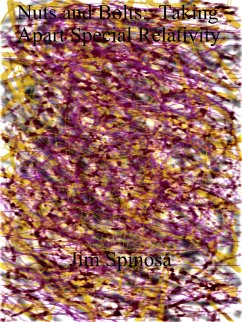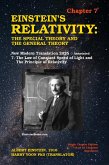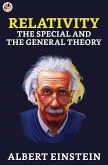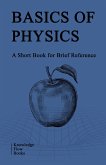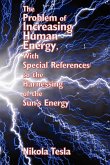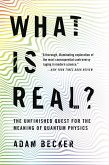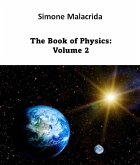the incoherence of the former and the contradictions in the latter become apparent. Einstein's formicary is overturned, and the formerly ensorcelled experience no formic side effects. It's difficult to believe that Einstein's theories are wrong. It's even more difficult to believe that any errors in his theories were not detected decades ago by the plethora of physicists and philosophers who have studied his theories. It's difficult to believe that in the theory of special relativity there is at least one instance in which the common denominator for two algebraic fractions is incorrectly determined. With general relativity, the case is different. The errors appear to be in the tensor calculus itself that Einstein uses and not in the calculations that he makes using the tensor calculus. It seems that if we are going to say that general relativity is wrong we are also going to have to say that the Riemann-Christoffel curvature tensor is incorrect. Also, we will have to question the validity of the tensor calculus operations known as contraction and covariant differentiation. Here the issues become more complex. Do we want to deny the mathematicians the right to use entities such as "special" tensors of rank two? When two "special" tensors of rank two are multiplied the result is the number one (a scalar of rank zero) instead of the tensor of rank four that is required by the laws of tensor multiplication. Other errors are more subtle; for instance, in the justification of covariant differentiation the second derivatives of the coefficients of "ordinary" tensors are shown not to be always equal to zero, yet later in process it seems to be implied that the second derivatives of "ordinary" tensors are always equal zero.
Perhaps, that was Einstein's genius choosing an obscure mathematicstensor calculusthat physicists would be unfamiliar with. Then he would somehow have had to work his way backward from the result he wantedNewton's law of planetary motion with one extra term that could be used to explain the precession of Mercury and the other planets. Next, by choosing the appropriate coefficients for his particular version of the Pythagorean Theoremhis version of a formula for measuring distance in his particular spacehe could make the flawed tensor calculus produce the results he wanted. The physicists who questioned his work might have thought "It is difficult to believe that tensor calculus is flawed. If there were any flaws in it they already would have been spotted by mathematicians."
What part do philosophers play in all this particularly the philosopher of science Karl Popper? It's as though Karl Popper employed a simple, yet effective deception. He seems to be an honest, hardworking, straightforward philosopher of science searching for clarity in science. Yet, strangely he does not seem to condemn some unscientific theories and the unscientific theories he does condemn seem completely unaffected by his condemnation.
Dieser Download kann aus rechtlichen Gründen nur mit Rechnungsadresse in A, B, CY, CZ, D, DK, EW, E, FIN, F, GR, H, IRL, I, LT, L, LR, M, NL, PL, P, R, S, SLO, SK ausgeliefert werden.

